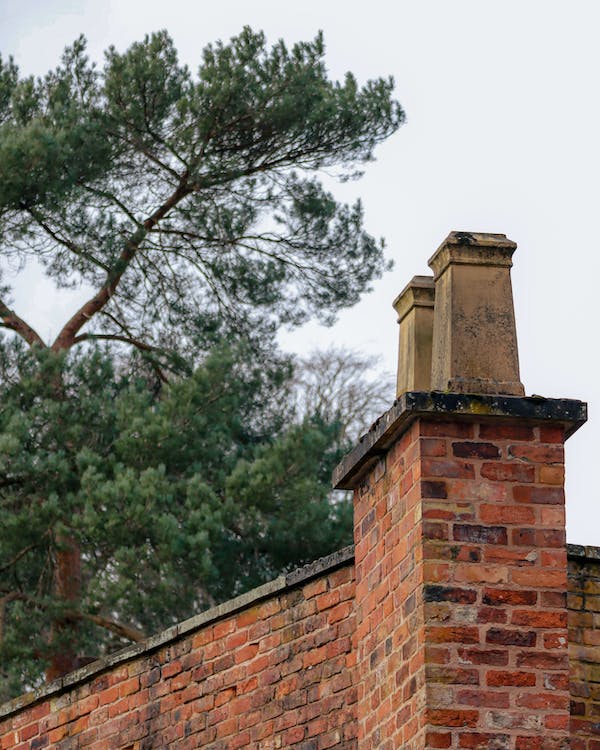Sustaining Warmth And Heritage: A Guide To Chimney Repair

Chimneys are quiet sentinels perched above rooftops, symbolizing the ageless bond between a home's history and the comfort of a hearth. However, just like any component exposed to the weather, chimneys need to be carefully maintained in order to continue working well and maintaining a home's attractiveness. We will discuss the significance of preserving these architectural elements, the warning indications that your chimney requires repair, and the actions to take to guarantee that your chimney continues to be a dependable supplier of warmth and custom in our in-depth guide to chimney repair. The chimney stands like a sentinel in the center of every home, where laughter mixes with the crackling of burning logs, carrying with it the stories of many shared moments and the warmth of familial relationships. This architectural wonder, which is frequently disregarded in its meek duty, merits more than a casual glance; it needs deliberate care and consideration. We learn about the technical complexities of maintaining these structures as well as the intangible bond they have with the very center of our houses as we travel through the art of chimney repair.
The Vital Role of Chimneys
Chimneys are conduits for the ethereal warmth of shared experiences and the concrete warmth of a fire, situated at the intersection of nostalgia and utility. They are more than just architectural details; they represent a link to history and an everlasting tie to the fireplaces of bygone eras. Safeguarding the essence of a house is more important than simply keeping these buildings functional.
Signs of Chimney Distress
It is our responsibility as hearth keepers to pay attention to the quiet murmurs coming from our chimneys. Spoken signals of distress such as crumbles, cracks, or the aftertaste of smoke might indicate a problem. To read these indicators and take action before they become bigger problems, routine inspections that resemble a caregiver's vigilant eye become routines.
Types of Chimney Repairs
The technique of repairing chimneys is complex and can include anything from painstaking tuckpointing to precise brick replacements and, in extreme situations, whole restorations. Every kind of repair has a specific purpose and addresses the chimney's particular requirements by balancing aesthetic preservation with practicality. To make sure the hearth stays a reliable partner, you must first understand the range of repairs.
Tackling Mortar Joints with Tuckpointing
Tuckpointing is a ballet of artistry that arises in the delicate dance of preservation. This painstaking procedure revitalizes the chimney's core while simultaneously patching mortar cracks. The meticulous use of complementary mortar colors guarantees that the restoration work blends in seamlessly with the original building, contributing to the overall architectural harmony.
Brick Replacement and Reconstruction
Brick replacement or repair becomes a vital act of rehabilitation for chimneys that have been eroded by time and the environment. Similar to repairing a cherished relic, the chimney's original elegance is intended to be restored by the meticulous removal of broken bricks and their replacement with new ones.
Flue Liner Repairs and Replacements
Being a protector against internal hazards, the flue liner needs to be vigilant in and of itself. In order to keep the circle of safety and warmth intact, the chimney must be repaired or replaced as necessary to properly direct combustion byproducts away from the center of the house.
Waterproofing for Longevity
Water turns out to be a very strong opponent in the war against time. By applying a waterproofing sealant, the chimney is shielded from precipitation droplets, snowfall, and the corrosive cycle of freezing and thawing. This barrier against deterioration caused by water is further strengthened by a well-maintained cap, flashing, and crown.